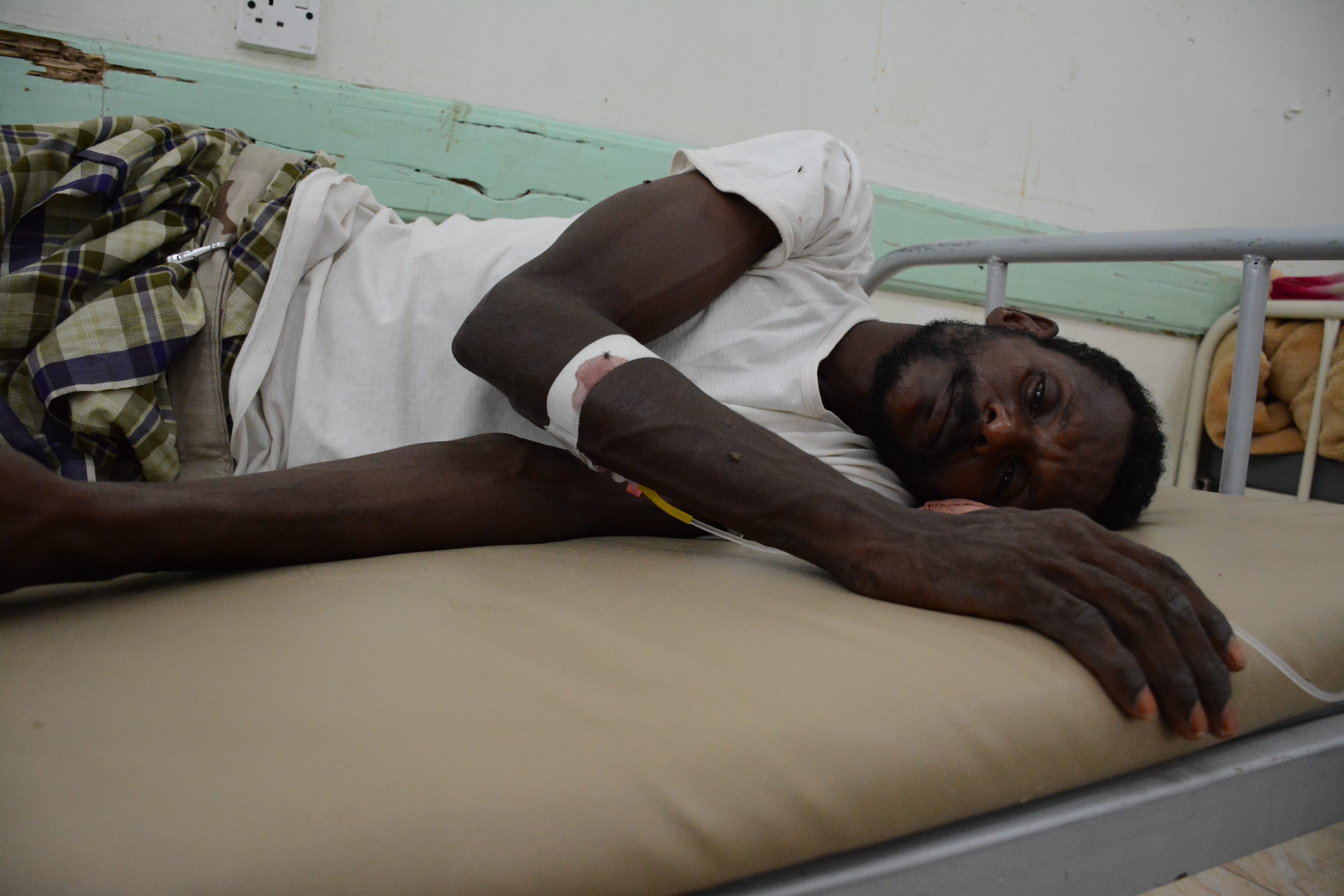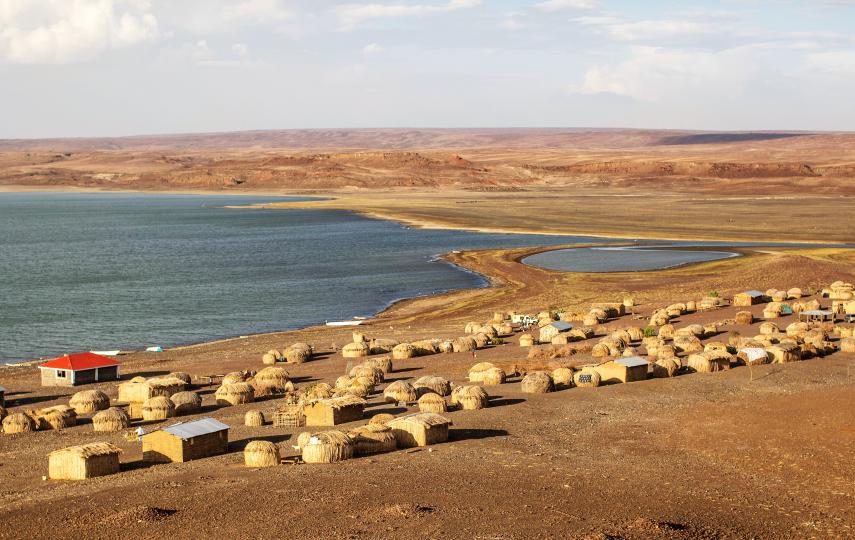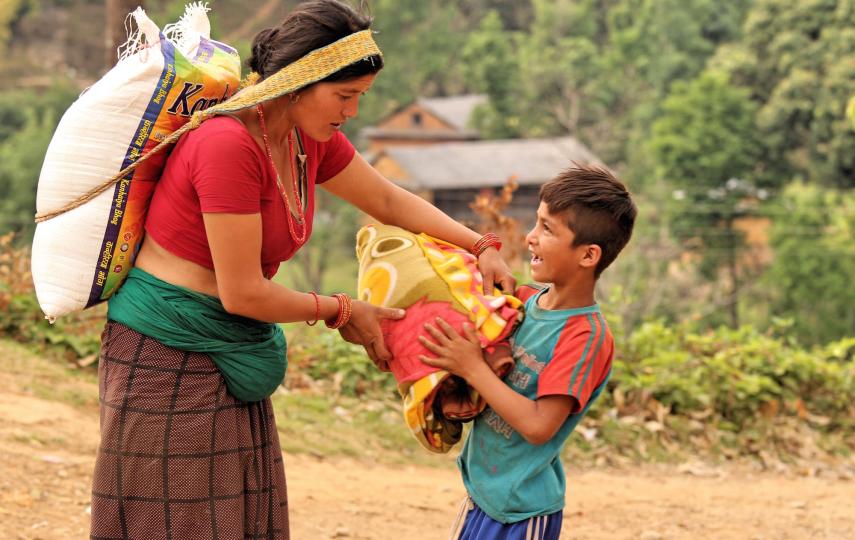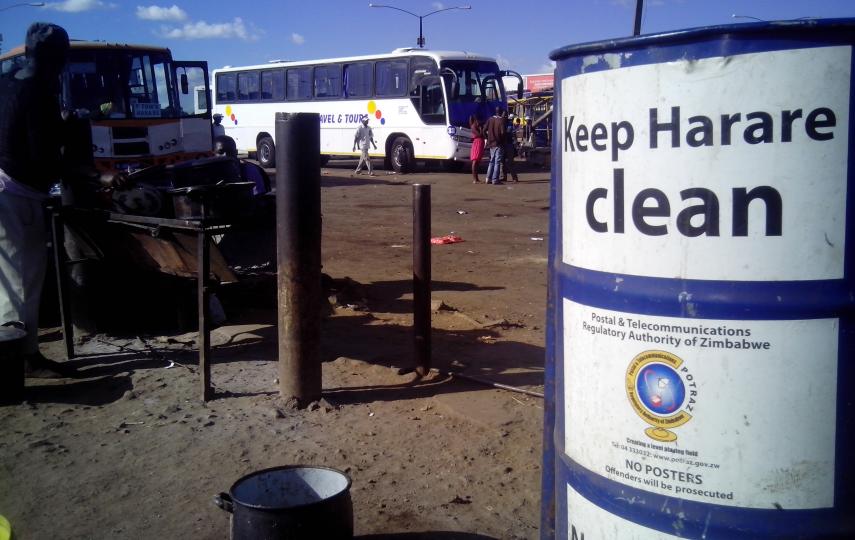A plan to deliver a million doses of the oral cholera vaccine in Yemen to help combat the worst outbreak of cholera in the world has been scrapped.
There have been more than 313,000 suspected cases of cholera and 1,732 related deaths since the outbreak began in late April, according to the latest statistics.
In response, the World Health Organization facilitated an emergency request for 3.4 million doses on behalf of Yemen to the International Coordinating Group (ICG), the body that oversees the global stockpile of vaccines. The million approved doses were to be the largest amount ever deployed since the stockpile was first developed five years ago.
However, since the ICG’s approval in late June there has been an ongoing dialogue around the vaccine’s efficacy in halting the widespread outbreak three months in, at a point when the disease has already spread to all of Yemen’s governorates (but not the island of Socotra).
The UN’s emergency aid coordination body, OCHA, sent an email, seen by IRIN, organising a 10 July meeting in Sana’a between local ministries, the UN, and other aid agencies, saying the epidemic had “surpassed the capacity of WASH [water, sanitation, and hygiene] and health partners and there is a need for a system-wide response.”
After this meeting, IRIN learnt that a decision had been taken to no longer deliver the vaccine to the war-torn country.
“Based on the advice of the local authorities and consultations with local offices of WHO and UNICEF, it was communicated back to the ICG that it was thought that the one million doses were not necessary,” confirmed Doctor Robert Kezaala, a senior health advisor on immunisation at UNICEF and executive member of the ICG, speaking from New York.
What happened?
Exactly what was said in Monday’s meeting is still not entirely clear, but there appear to be a variety of factors that went into the decision to stop the rollout.
Several aid agencies told IRIN that resources would be better spent on already existing approaches to tackle the current outbreak, including supporting efforts to provide clean water and sanitation, alongside education and health campaigns.
“The thinking of the partners is: ‘we do not want energy diverted from those activities which are important’,” Doctor Sherin Varkey, head of UNICEF’s Yemen office, told IRIN. He said the move to cancel delivery of the vaccines was a “technical decision… that, considering where the outbreak is today, the benefits do not outweigh the risks of doing a limited campaign.”
The oral cholera vaccine was originally planned to be one way to help stem the spread of the disease in Yemen, but it confers immunity only on those who have not already contracted it, and is best given in areas of low risk and exposure in two doses, usually two weeks apart.
Even though the majority of suspected cases are confined to four governorates, they are present in 288 of Yemen’s 333 districts.
Doctor David Olson, a cholera expert with the WHO, said this type of decision can also be influenced by the nature of the outbreak’s evolution, as the herd immunity conferred by the vaccine may be less useful later on in an epidemic's progression.
“It’s a fine timeline between knowing that vaccination should be part of the plan, determining who to vaccinate, then getting the vaccine in the country and all planned out. It’s a narrow timeframe, and just a matter of a few weeks can change the calculus,” he told IRIN from Geneva.
“In Yemen in particular at this time, with all the issues around conflict and the ability to logistically carry out a mass vaccination campaign, and because [the outbreak] has gotten quite big quite fast, that window has started to close,” he added.
Rapid spread and slim resources
The outbreak has spread faster and further than originally projected. In mid-June, when there were 124,000 cases, the UN expected that number to more than double by the end of the year.
Only a month later and at more than 300,000 cases and counting, the International Committee of the Red Cross says the outbreak “continues to spiral out of control”, amidst a devastating conflict that has lasted over two years between Houthi rebels and those loyal to former president Ali Abdullah Saleh, on one side, and deposed (but internationally recognised) President Abd Rabbu Mansour Hadi and his allies, including a Saudi Arabian-led coalition, on the other.
The war has resulted in a dire lack of clean water, attacks on hospitals, unmaintained treatment and sewage systems, and unpaid medical workers, leaving the health of civilians and the country’s healthcare infrastructure in a shambolic state.
As a result, it is a daily struggle for the Yemen’s warring factions and humanitarian aid agencies to provide enough basic oral rehydration treatment and clean water to the population – even though that is all that is needed to prevent cholera fatalities.
According to the ICG’s Kezaala, a boost of funding for tackling the cholera outbreak from the World Bank, announced last week in Cairo, was also a consideration in the decision.
So too was reassessing the best way to manage available resources. “Doing a mass [vaccine] campaign takes a lot of human and financial resources, and it is probably most prudent now to focus on basic WASH, health, and communication interventions,” added UNICEF’s Varkey.
Other humanitarian operators working on the ground agreed, including Nadine Drummond, a spokeswoman for Save the Children.
“There are so many cases and the disease is spreading so quickly,” she said. “By the time we were even to get the vaccine, there would be so many people with cholera at that point that it makes more sense for Save the Children to help children and their families that already have the disease.”
“It does not mean we don’t care about people who aren’t infected, but if we don’t find ways to help people who have it now, the death toll will be significantly higher,” she added.
Several sources told IRIN that some factions in the Houthi-Saleh-run Ministry of Health in Sana’a expressed opposition to the vaccine, and aid partners were concerned that a lack of cooperation would make delivery difficult. The ministry could not be reached for comment.
Although both the Saudi-led coalition and Houthi rebels have been accused of delaying and blocking aid throughout the war, that does not appear to have been a major factor in this case. In fact, humanitarians, speaking off the record, said they had seen visas for cholera experts expedited and shipments of supplies to fight the outbreak relatively easy to import.
Postponed, not cancelled
Although the cancellation does appear to be a major about-face, vaccinations have not in fact been ruled out. On the contrary, the plan now seems to be to delay the campaign until early next year when the outbreak has hopefully subsided and it can be rolled out at a much larger scale.
“The thinking is they [local government and aid agency partners] would cover 10 million people at a later date,” said the ICG’s Kezaala.
Such a vaccination campaign would be unprecedented, given that the approval for one million was the largest ever given by the ICG to date. This could also present challenges in securing enough supplies in consideration of future and as yet unknown cholera emergencies in other countries and regions.
Nonetheless, Kezaala seemed confident that if a formal request was made by Yemen and approved by the ICG, efforts would be made to secure as many vaccines as possible.
“If they prefer to vaccinate 10 million people at a later date, at that time there would be stockpiling,” he said. “Vaccines would start to be put aside for Yemen, of course, considering other risk situations like earthquakes.”
The desire to delay the vaccine until such time as it may be more efficient at inoculating the population was echoed by other experts.
“This is probably a better and more effective way of using the vaccine in the first place,” said WHO’s Olson.
UNICEF’s Varkey agreed: “Cholera is endemic, and considering the water and sanitation systems and all the other factors that contribute to the outbreak, even if we contain this one we can expect another one next year. Hence it’s important and a better use of resources to do a larger campaign next year.”
Ongoing efforts
In the meantime, aid agencies are continuing to battle the deadly disease on all fronts, except the vaccine.
Drummond said Save the Children is rolling out a radio campaign in response to the outbreak that “teaches people about hygiene, how to protect themselves if they feel sick, and where they can go to get help.”
Given that 47 percent of suspected cholera cases in Yemen are children, the group is also actively merging its existing nutrition programmes with cholera efforts to support children who are malnourished and unable to fight off the disease.
WHO’s communications team in Yemen said its “focus will continue to be on good care for those who do fall ill: providing training to health workers, setting up treatment centres and oral rehydration therapy corners, distributing oral rehydration solution, and working with communities to help them understand how to prevent and respond to cholera.”
All the aid groups IRIN spoke to continued to call for an end to the conflict as the ultimate solution to the outbreak and suffering of the civilian population.
“Everything is related to the conflict, so peaceful resolution is necessary,” said Varkey.
“We need to try and push for a critical solution. Bombs are dropping and children are dying,” added Drummond.
ns/as/ag






